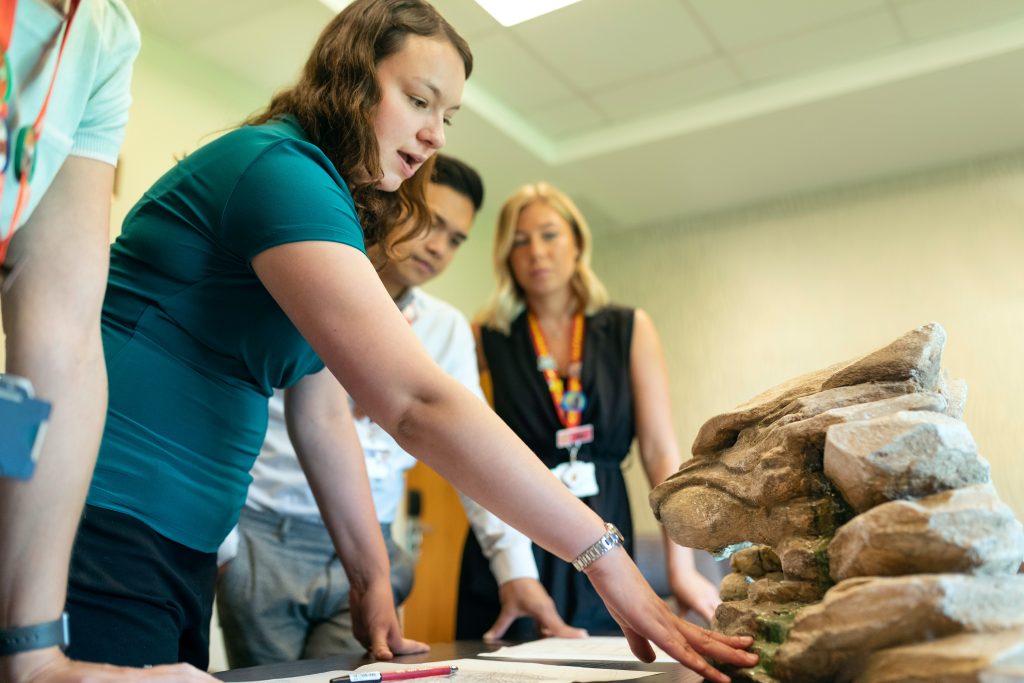Benefits of learning about sustainability
Learning about sustainability can provide students with valuable transferable skills, such as critical thinking, problem-solving, and teamwork. Sustainability issues are often complex and require a multidisciplinary or, better yet, transdisciplinary approach, which can provide students with opportunities to work collaboratively with peers from different disciplines and develop effective communication skills. Education for sustainability can involve experiential learning opportunities, promote real-world applications of sustainability concepts, and enhance students’ learning experiences. Furthermore, students will improve their career prospects as employers increasingly value sustainability knowledge and skills. Not to mention students will be able to apply their new mindset to their personal lives after graduation, leading to a sustainable lifestyle.

Faculty who integrate sustainability-related content into their courses will gain advantages from renewed pedagogical strategies. The subsequent section that introduces education for sustainability will explore in detail why and how to implement sustainability instruction, incorporating innovative learner-centred approaches. Faculty may discover their students exhibiting increased motivation and involvement in higher-level cognitive tasks during class. Ultimately, this integration of sustainability will enhance the relevance of subject matter in today’s society by ensuring its contemporary alignment.

By tackling sustainability challenges, universities not only pave the path for a more sustainable future but also enhance their reputation, potentially elevating their standing in international rankings. Here are some recent accomplishments for Concordians to celebrate. Let’s join the forefront of this movement!
The Times Higher Education (THE) Impact Rankings measure universities’ contributions to the Sustainable Development Goals (SDGs). In 2023, we maintained our position within the 101-200 range, solidifying our place among the world’s leading educational institutions. Notably, our university ranks in the top 50 globally for two SDGs: 40th for Reduced Inequalities (SDG-10), and 44th for Sustainable Cities and Communities (SDG-11).
Twice, we achieved a Gold rating on the Sustainability Tracking, Assessment, and Rating System™ (STARS) developed by the Association for the Advancement of Sustainability in Higher Education (AASHE). This globally recognized self-reporting framework assesses various aspects of sustainability within universities.
The 2024 QS’s Sustainability Rankings focussing on environmental, social and governance (ESG) challenges place Concordia in the global top 100 and 13th in Canada. Additionally, Concordia’s John Molson School of Business is among the Principles for Responsible Management Education (PRME) Champions for 2024-25.

